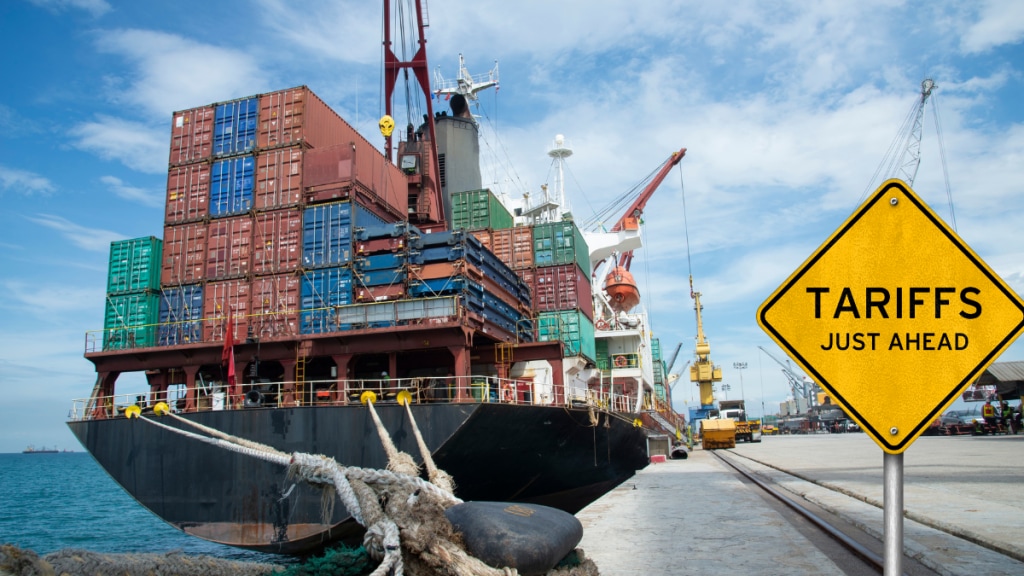India-US trade: Amid heightened trade tensions, India’s Ambassador to the United States, Vinay Mohan Kwatra, met Republican Senator Lindsey Graham on Saturday, August 9, to discuss strengthening bilateral energy trade. The meeting comes just days after US President Donald Trump hinted at freezing trade talks over India’s purchase of Russian oil.
Tariffs escalate amid Russian oil dispute
India now faces the steepest US tariffs in Asia, following Trump’s decision to impose a total levy of 50%. On July 31, Trump announced a 25% reciprocal tariff on Indian goods, followed by another 25% this week, accusing New Delhi of “directly or indirectly” importing Russian oil. Graham, a close ally of Trump, had previously argued that nations buying Russian oil, including India and China, should face tariffs as high as 100%.
Spoke to Senator @LindseyGrahamSC and shared with him the Indian perspective on our energy security including increasing energy trade with the United States.
— Amb Vinay Mohan Kwatra (@AmbVMKwatra) August 9, 2025
Kwatra presented the “Indian perspective” on energy security to Graham, who has linked better US-India relations to New Delhi helping Washington end the war in Ukraine. “It will be consequential in improving relations between Washington and Delhi,” Graham said on social media.
No compromise on farmers, says Modi
Prime Minister Narendra Modi broke his silence on August 7, stressing that India would never compromise on the interests of farmers, the dairy sector, or fishermen. The Ministry of External Affairs also accused Washington of double standards, insisting that India’s energy imports are dictated by market realities and the need to secure energy for 1.4 billion citizens.
Meanwhile, India and the United States are set to resume trade deal negotiations with the sixth round of talks scheduled for August 25–29, according to a PTI report. The negotiations come after both sides failed to reach an agreement before the August 1 deadline, prompting Washington to impose a 25% tariff on Indian exports. The upcoming meetings will focus on resolving key differences over market access, tariffs, and regulatory standards.
Officials from both nations are aiming to bridge gaps and secure a mutually beneficial agreement, as the dispute threatens to strain broader economic and strategic ties between New Delhi and Washington.

